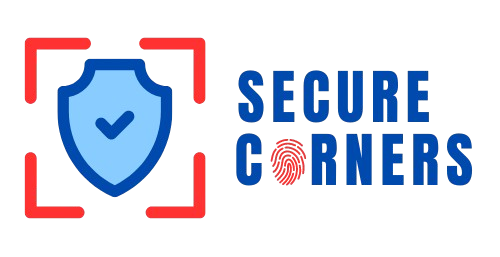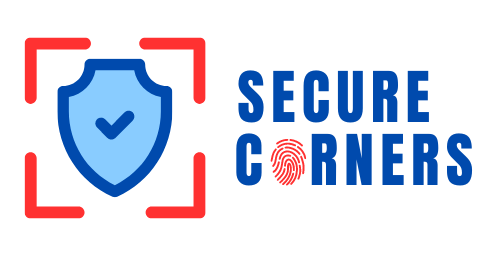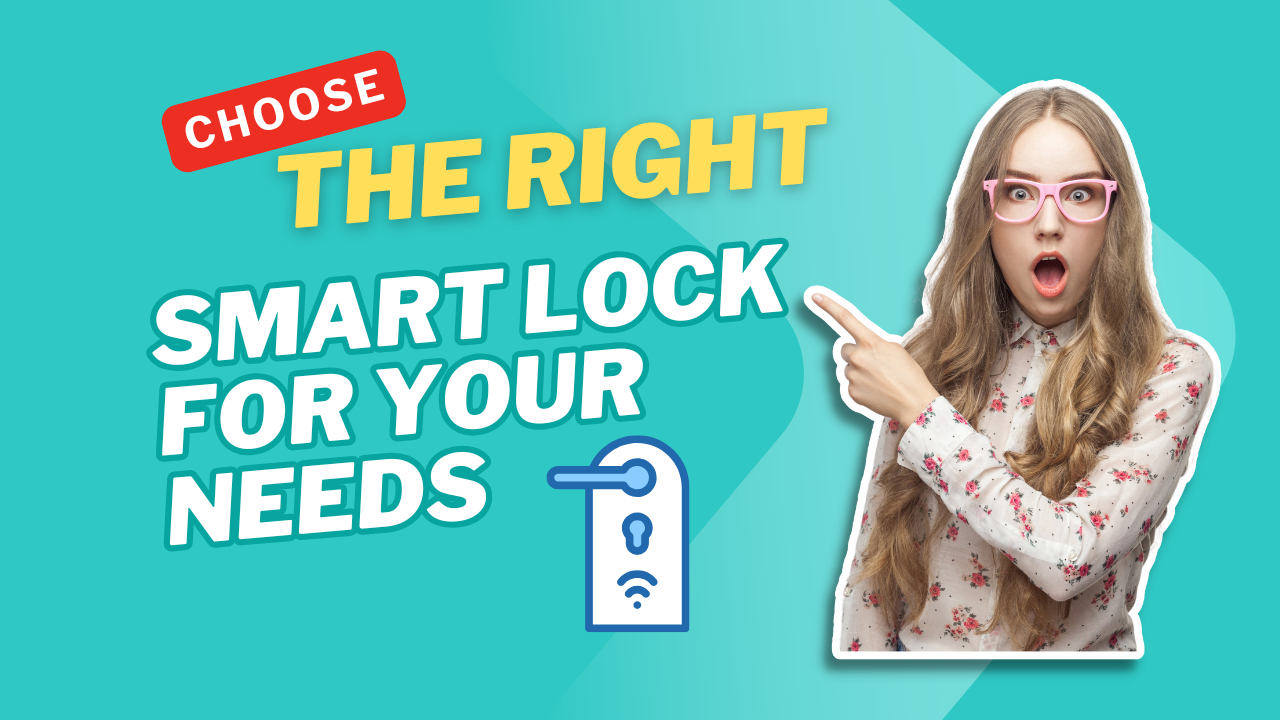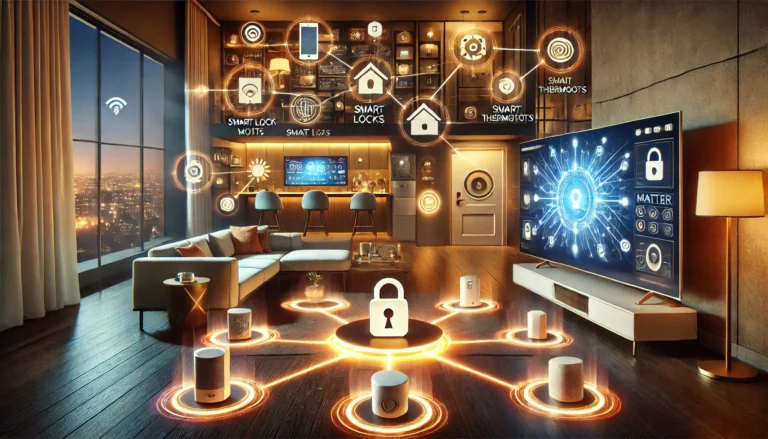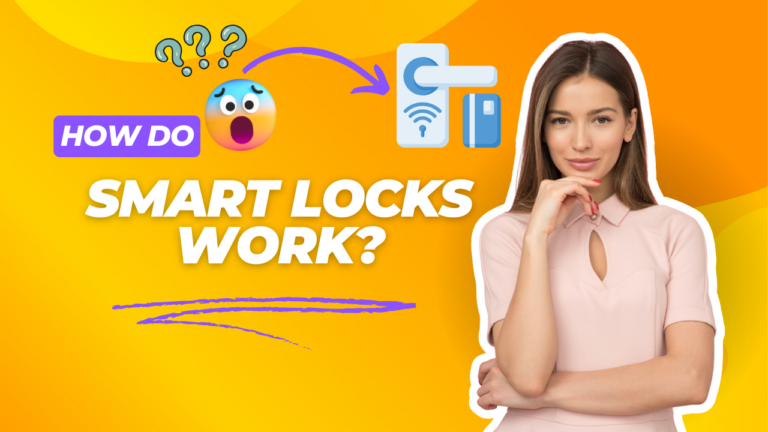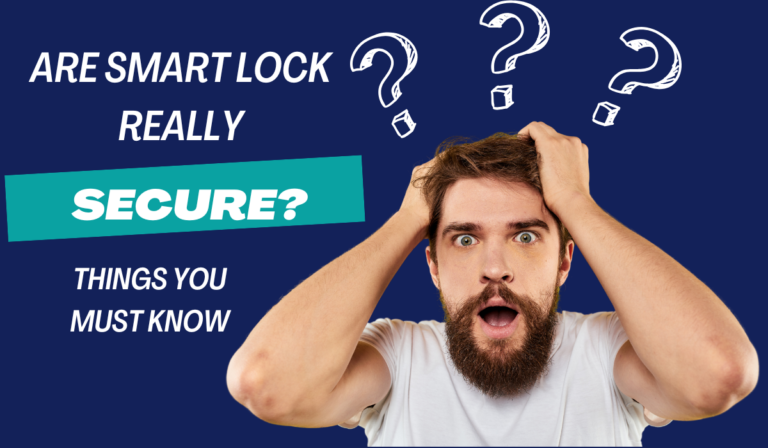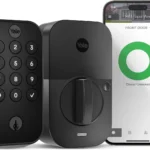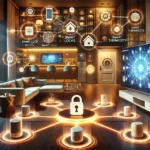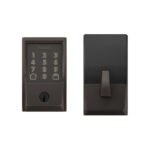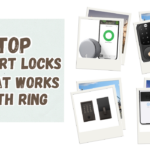Introduction
As technology reshapes the way we secure our homes, smart locks have surged in popularity, redefining convenience and safety in home security. Gone are the days of fumbling with keys or worrying about spare copies floating around. Now, with just a touch on your smartphone or a quick voice command, smart locks let you control your doors from anywhere, adding an extra layer of flexibility and assurance to your daily routine.
But here’s the catch: not every smart lock is the right fit for every home. With options ranging from basic models offering straightforward access to high-security systems packed with anti-tamper features, choosing the best smart lock can feel daunting. Your ideal choice depends on your lifestyle, security requirements, and home setup. Making the right selection means getting more than just convenience it’s about finding the level of security that genuinely meets your needs.
What Are Your Security Needs?
When choosing the best smart lock for your home, it’s essential to first understand your unique security needs. Different homes and lifestyles demand different levels of protection, so a one-size-fits-all approach just doesn’t cut it. To make a well-informed decision, consider three main factors: your property type, your daily routine, and the level of security you need.
For starters, the type of property you have plays a big role in selecting the right smart lock. A smart lock for a single-family home, for instance, may need robust features like tamper alerts and remote monitoring. On the other hand, apartments and condos often have specific requirements, like compatibility with existing entry systems or non-invasive installation.
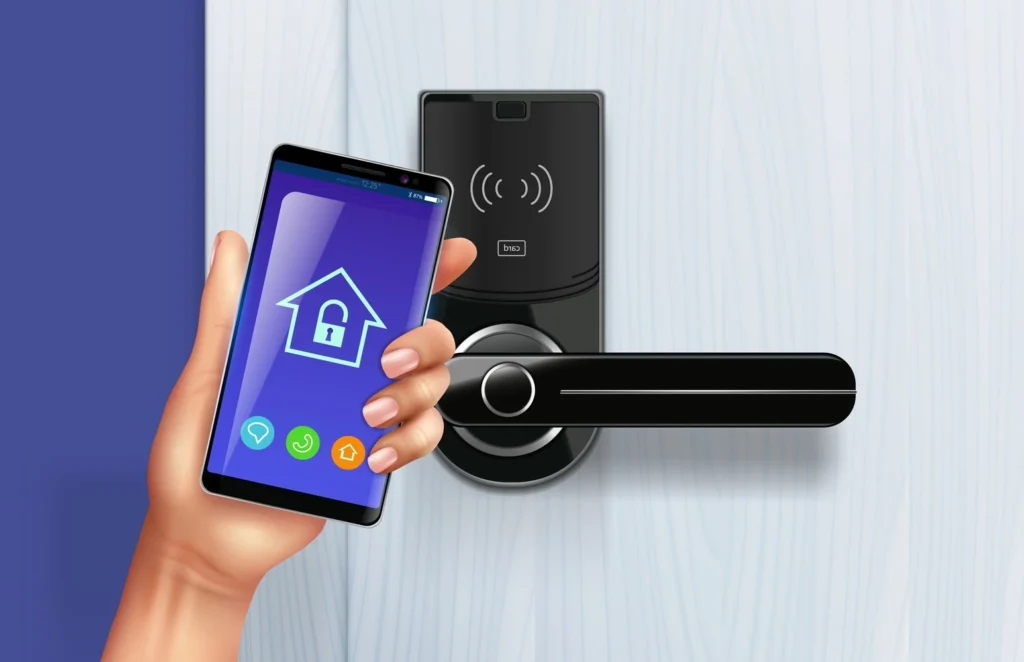
Your lifestyle is also key. Busy households or homes with children may benefit from smart lock features like keyless entry and auto-locking, while frequent travelers might prefer a smart lock with remote access and monitoring for added peace of mind.
Finally, consider the security level you’re comfortable with. Some users prioritize basic access control, while others want advanced features like biometric access, encrypted connections, or built-in alarms for maximum security. A smart lock comparison can help you assess which models meet your security standards without sacrificing ease of use.
Understanding these elements ensures that you not only enhance your home security but also find a smart lock that aligns perfectly with your lifestyle and comfort level.
Types of Smart Locks Explained
When it comes to smart locks, there are several types to choose from, each with unique features and benefits. Understanding the differences can help you pick the best fit for your home security setup.
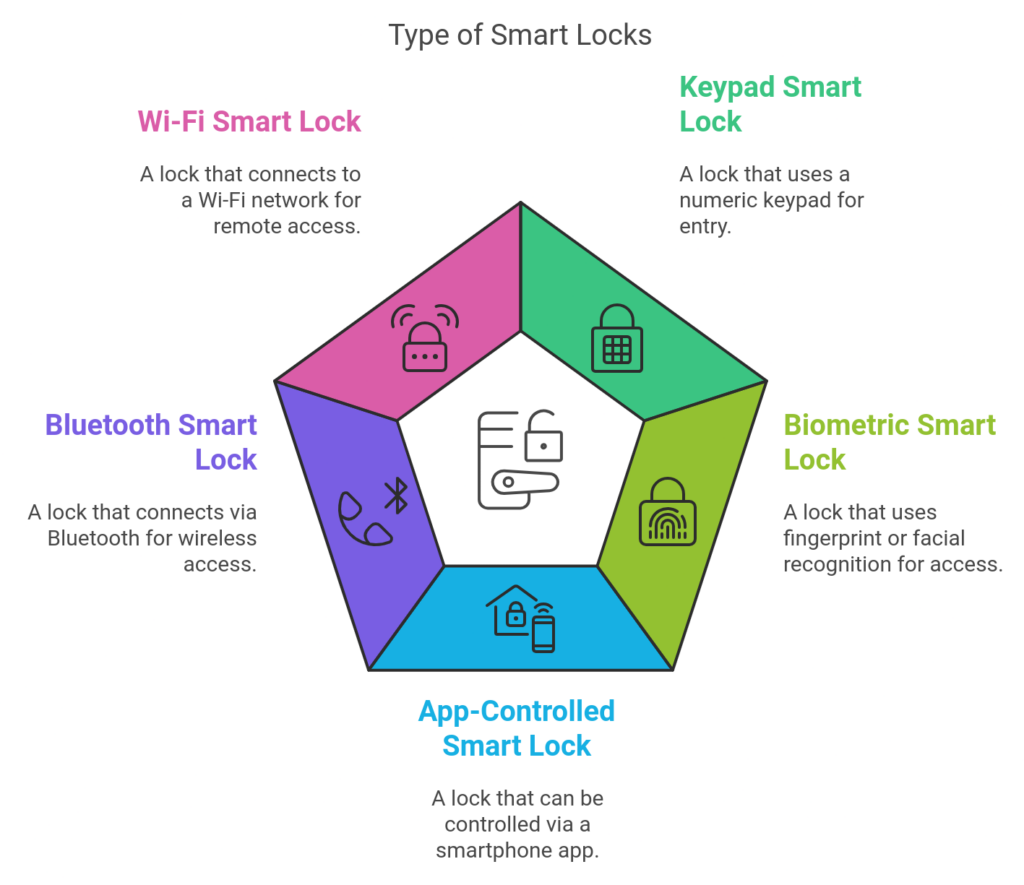
1. Keypad Smart Locks
Keypad smart locks use a numeric keypad for entry, allowing users to unlock doors by entering a secure PIN code.
- Pros: Keyless entry, easy to share access with family or guests, and no need for physical keys.
- Cons: Codes can be guessed or observed, and keypad wear over time can reveal frequently used numbers.
2. Biometric Smart Locks
Biometric smart locks offer access through fingerprint recognition, providing a highly secure and convenient way to enter your home.
- Pros: High security, keyless convenience, quick access with a simple touch.
- Cons: Generally more expensive, may not work well in extreme weather, and limited fingerprint storage on some models.
3. App-Controlled Smart Locks
App-based locks connect to your smartphone, allowing remote control, monitoring, and even integration with other smart home devices.
- Pros: Remote access, activity tracking, and customizable settings. Great for families and frequent travelers.
- Cons: Requires reliable internet connection, battery dependency, and potential vulnerability to cyber threats.
4. Bluetooth Smart Locks
Bluetooth smart locks automatically connect to your phone when you’re nearby, unlocking as you approach without any manual input.
- Pros: Hands-free entry, low power consumption, and easy setup.
- Cons: Limited range compared to Wi-Fi models, and may require an app for management.
5. Wi-Fi Smart Locks
Wi-Fi-enabled smart locks offer the most versatility by providing access control from anywhere with an internet connection.
- Pros: Complete remote control, integration with other smart home systems, and real-time notifications.
- Cons: Higher power consumption, typically requires battery changes more frequently, and usually more expensive than Bluetooth models.
From keyless smart locks with PIN codes to advanced biometric smart locks, each type offers its own set of advantages and drawbacks. By comparing the options, you can find the right smart lock that balances convenience, security, and your personal preferences.
Key Factors to Consider
Choosing the best smart lock for your needs involves a closer look at several essential factors. By focusing on compatibility, security features, ease of use, power sources, and cost, you’ll ensure that your smart lock integrates seamlessly with your home and meets your security requirements.
1. Compatibility
Smart lock compatibility is crucial to avoid installation headaches. First, check if the smart lock is compatible with your door type, as not all models fit every door style or thickness. Also, consider compatibility with existing home automation systems. Many smart locks work well with platforms like Alexa, Google Home, or Apple HomeKit, allowing voice-activated controls and integration with other smart devices for a unified home experience.
2. Security Features
The security features of a smart lock are what truly set it apart from traditional locks. Look for advanced features like encryption to protect against hacking, tamper alerts that notify you if someone tries to force the lock, and options for multi-factor authentication. The level of protection varies across models, so make sure you choose a smart lock that aligns with your security needs.
3. Ease of Use and Installation
When considering ease of use and installation, determine if you want a DIY-friendly smart lock or prefer a model that may require professional setup. Many smart locks are designed for straightforward installation, making them ideal for renters or those not comfortable with complicated hardware. The user interface is also essential—opt for a smart lock with an intuitive app or controls that fit your tech comfort level.
4. Power Source
Since smart locks run on power, understanding the power source is essential. Most models rely on batteries, so battery life is a key factor. Look for smart locks with long battery life or low-battery alerts. Some high-end models even offer backup power options, ensuring you’re never locked out in case the batteries die unexpectedly.
5. Price
Smart lock cost varies widely, from affordable models offering basic keyless entry to premium models loaded with advanced security and automation features. Set a budget and prioritize features that matter most to you. Higher-end smart locks may cost more initially but often provide better durability and more comprehensive security features, making them worth the investment for those seeking top-level protection.
By taking these factors into account, you can make an informed decision and select a smart lock that not only fits your door but also enhances your home security without breaking the bank.
Best Smart Locks for Different Needs
When choosing a smart lock, it’s helpful to think about your specific lifestyle and security requirements. Below, we’ve broken down some of the best smart lock options tailored to fit different scenarios, from family homes to rental properties and high-security needs.
1. For Frequent Travelers
Frequent travelers benefit from a smart lock that offers remote access and monitoring capabilities. An app-controlled or Wi-Fi-enabled smart lock allows you to lock or unlock your door from anywhere, ensuring that your home is secure even when you’re away. Some models also provide integration with security cameras or doorbells, so you can visually verify visitors and let trusted friends or family in without having to hand over a spare key.
- Recommended Models: App-based locks with remote control features, such as those compatible with Wi-Fi or Alexa, are ideal for travel-friendly security.
Schlage Encode Smart Wi-Fi
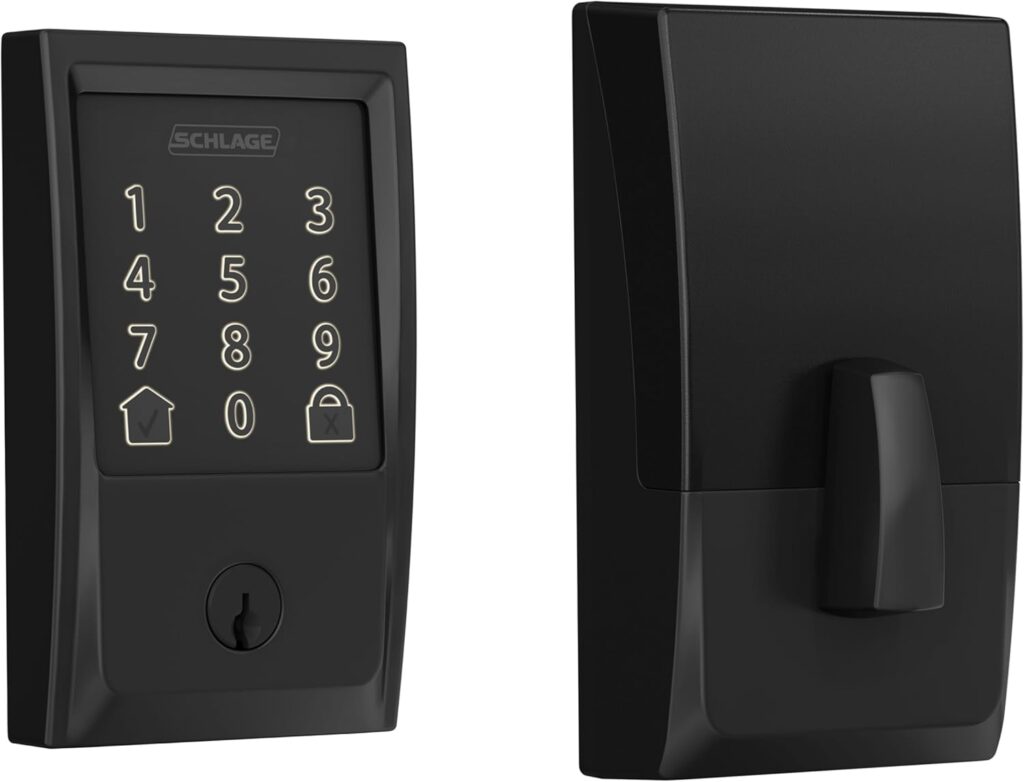
2. For Rental Properties
A smart lock for Airbnb or other rental properties needs to provide flexible access control for guests and property managers. Look for smart locks that allow temporary or guest access codes, which you can create and delete as needed. This setup keeps your property secure while giving guests convenient access during their stay. Additionally, locks with audit trails can help you track entry times, so you’re always in the loop about who’s been accessing the property.
- Recommended Models: Keypad or app-controlled locks that offer guest access codes and remote management options are top choices for rental properties.
Yale Assure Lock 2
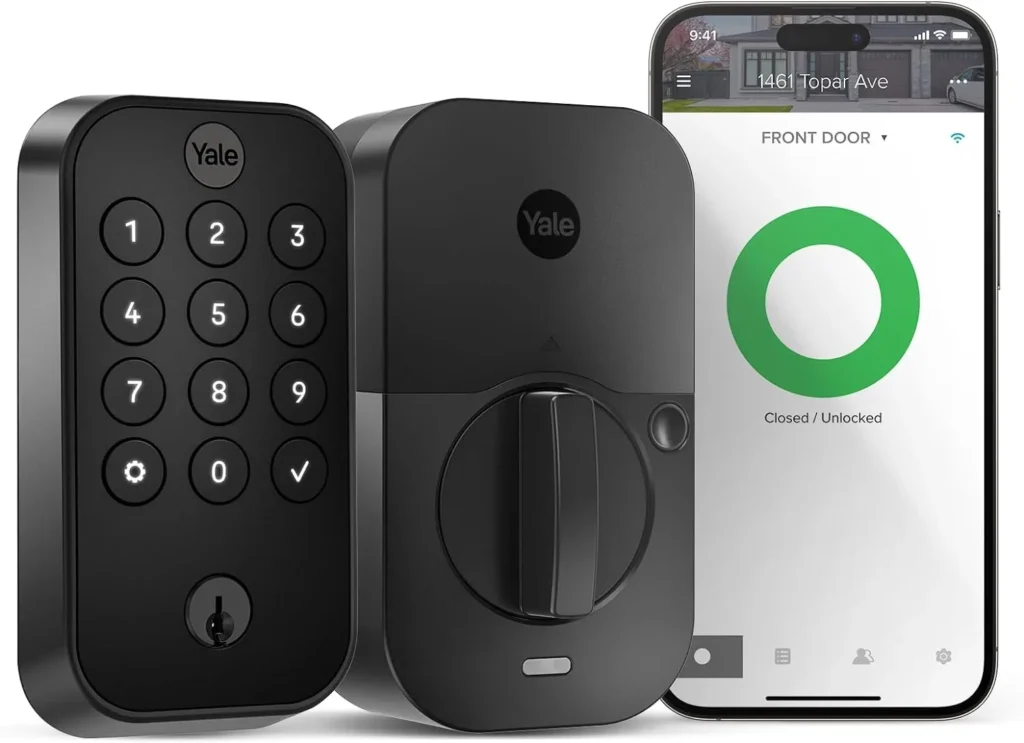
3. For High-Security Requirements
If high-level security is a top priority, consider a high-security smart lock with advanced features like encryption, tamper alerts, and multi-factor authentication. Biometric smart locks provide an extra layer of protection, while models with built-in alarms can deter unauthorized access. These high-security smart locks are often designed with added durability, making them ideal for those who want enhanced protection against potential break-ins.
- Recommended Models: Biometric smart locks or Wi-Fi-enabled models with encryption and tamper alerts offer maximum security for high-risk environments.
ULTRALOQ U-Bolt Pro
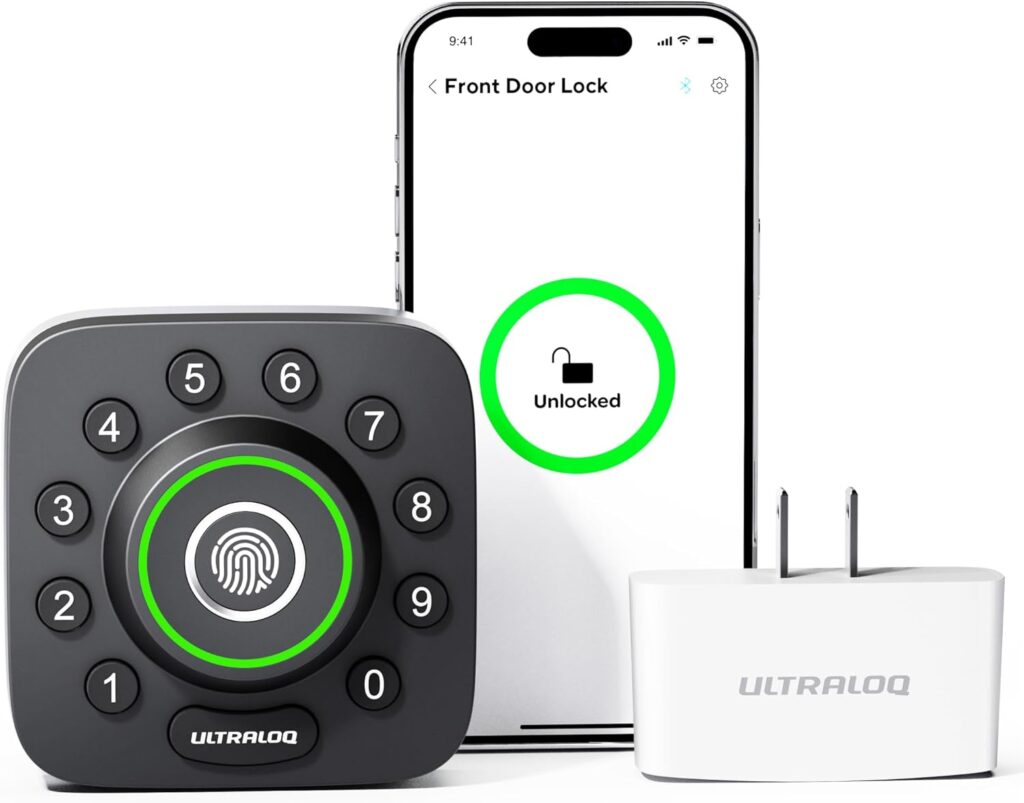
By selecting the best smart lock for your unique needs, whether it’s a family-friendly keypad, a travel-friendly remote control, or a high-security lock, you’ll enhance both your convenience and peace of mind.
Frequently Asked Questions About Choosing Smart Locks
Smart locks offer a modern, convenient way to secure your home, but with so many options available, it’s natural to have questions. Here are answers to some of the most frequently asked questions about choosing the right smart lock for your needs.
1. Are smart locks compatible with all types of doors?
- Answer: Not all smart locks are compatible with every door type. Some locks work best with standard wooden doors, while others are designed for metal or glass doors. Smart lock compatibility depends on factors like door thickness, lock style, and existing deadbolt. Be sure to check the manufacturer’s guidelines for compatibility details to avoid installation issues.
2. How secure are smart locks compared to traditional locks?
- Answer: Smart locks offer robust security features that often go beyond traditional locks, such as encryption, tamper alerts, and multi-factor authentication. However, security depends on both the smart lock model and how it’s used. For maximum security, choose a smart lock with high-grade encryption and always keep your app and firmware updated to protect against potential cyber vulnerabilities.
3. Do smart locks require regular maintenance?
- Answer: Yes, smart lock maintenance is essential to ensure long-term performance. Regularly check and replace batteries as needed, clean the lock’s exterior to remove dust and debris, and keep the firmware updated. For biometric models, wipe the fingerprint scanner periodically to keep it responsive.
4. What happens if the batteries die?
- Answer: Most smart locks provide low-battery alerts through their app or a visual indicator on the lock. If the batteries die unexpectedly, many models have a backup power option, such as a USB port, or allow for a physical key as a fail-safe. Regular battery checks help prevent this issue.
5. Can I install a smart lock myself, or do I need professional installation?
- Answer: Many smart locks are designed for DIY installation and come with step-by-step instructions. However, if your door or existing hardware doesn’t align well with the smart lock, or if you prefer a more complex setup involving integration with a home automation system, professional installation may be beneficial.
6. Are smart locks suitable for rental properties?
- Answer: Yes, many smart locks are ideal for rental properties. Models with keypad entry or app-controlled guest access make it easy to provide temporary codes to tenants or Airbnb guests, and you can reset codes after each stay to maintain security. Look for a smart lock with features specifically geared toward managing multiple users.
7. Do smart locks work during power outages?
- Answer: Most smart locks run on battery power, so they continue working even if your home loses electricity. Wi-Fi-enabled features may be temporarily unavailable during an outage, but you’ll still be able to lock and unlock your door using the keypad or backup key.
8. Can I integrate a smart lock with other smart home devices?
- Answer: Yes, many smart locks are designed to work seamlessly with popular smart home ecosystems like Alexa, Google Home, and Apple HomeKit. Check for smart lock compatibility with your existing devices to ensure smooth integration, allowing for voice control, automation, and other convenient features.
By understanding these common smart lock FAQs, you can make a more informed decision about the right lock for your home and lifestyle. Regular maintenance, compatibility checks, and staying updated on security features will help you get the most out of your smart lock investment.
Making the Right Choice for Your Home Security
Choosing the best smart lock for your home is a vital step in enhancing your security and convenience. With so many options available, it’s important to consider the specific factors that align with your lifestyle and security requirements. From understanding your security needs and exploring different types of smart locks to evaluating key factors like compatibility, security features, and installation options, each decision brings you closer to finding the ideal smart lock.
Whether you’re seeking the best smart lock for a busy family, a travel-friendly model for remote access, or a high-security option for ultimate peace of mind, remember to prioritize features that match your unique requirements. By making an informed choice, you’ll not only enhance your home security but also gain the convenience of modern technology in your everyday life.
Investing in the right smart lock means greater control, added flexibility, and a stronger sense of safety for your home.
